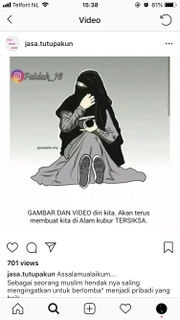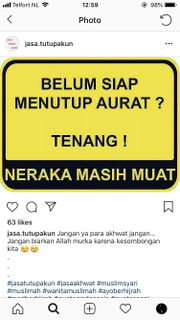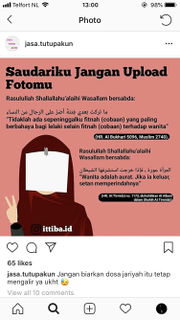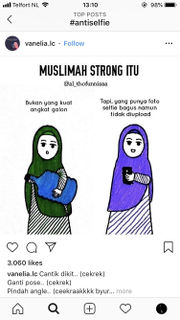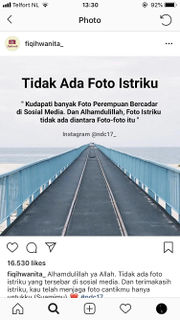User:Tash/grad testplay2
Introduction
Reading: on contemporary social media culture
- "Indonesia, a nation of more than 260 million people – over 85% of them Muslim – has often been called the “smiling face of Islam”, but that label may no longer apply. The recent rise of conservative Islamist hardliners resembles the rise of populism and conservative politics elsewhere in the world. Islamist conservatives are in many ways the local equivalent of America’s alt-right – and they are just as adept at online disruption and manipulation.
Recent studies link the rise of religious intolerance among young Muslims to their increased access to the internet and social media. Indeed, Jakarta tweets more than any other city in the world, and Indonesians are very big users of Facebook, as well as WhatsApp, Instagram and Telegram." Source: https://theconversation.com/is-indonesia-retreating-from-democracy-99211
- "The outburst of social media use in Indonesia has dramatically transformed the way information is created, disseminated, and distributed. In electoral politics, leaders have wholeheartedly embraced commercial branding techniques through networks of volunteers, buzzers, and micro-celebrities, saturating the public sphere with emotional messages designed to cultivate trust in their political brand. (...)
While facilitating freedom of expression, social media also encourages users to practice their freedom to hate, where individuals exercise their right to voice their opinions while actively silencing others." Source: Lim, M. (2017) ‘Freedom to hate: social media, algorithmic enclaves, and the rise of tribal nationalism in Indonesia.’ Critical Asian Studies, 49(3): 411-427.
- "A significant feature of virtual interactions involve online deviance and trolling; these include behaviors that range from mild mischief, to offensive language, to hacking and trolling, and to the expression of complex social problems, such as by revolutionaries and freedom fighters. (...)
However, online trolling, in general, and the role of gender in perceiving, motivating, defining, enabling, or reacting to trolling, in particular, need to be better understood. Female trolls and deviants have not been well studied because they are a minority of online deviants and traditionally excluded from online deviant subcultures. However, an emerging body of cyberfeminism research document the developing trend of women deviants employing the Internet to accomplish ideological goals." Source: Sanfilippo, M. & Fichman, P. (2015) The Bad Boys and Girls of Cyberspace: How Gender and Context Impact Perception of and Reaction to Trolling. Social Science Computer Review 2015, Vol. 33(2) 163-180.
- Between April and September 2018, Facebook removed 1.5 billion fake accounts from the platform. Source: https://thenextweb.com/facebook/2018/11/16/facebook-removed-1-5-billion-fake-accounts-between-april-and-september/
Reading: on tactical media and games
- "To ask of media interventions, Does it work? would be to tap into such questions as, Has it raised public awareness and support? Has it affected government policy? Is there a tangible political outcome? However, to ask instead, Does it play? would be to tap into quite different sorts of questions—questions that point toward the creators or participants and toward the users of the project.
To ask, Does it play? would be to open up such questions as, Is it creative? Does it use humor? Does it encourage its users to use their imaginations?" Source: Melkle, G. (2008) Whacking Bush: Tactical Media as Play. In: Boler, M. (ed.) Digital Media and Democracy: Tactics in Hard Times. Cambridge: MIT Press.
- "Play is, by definition, a safety space. If a designer or artist can make safe spaces that allow the negotiation of real- world concepts, issues, and ideas, then a game can be successful in facilitating the exploration of innovative solutions for apparently intractable problems." Source: Flanagan, M. (2009) Critical Play: Radical Game Design. Cambridge: MIT Press.


